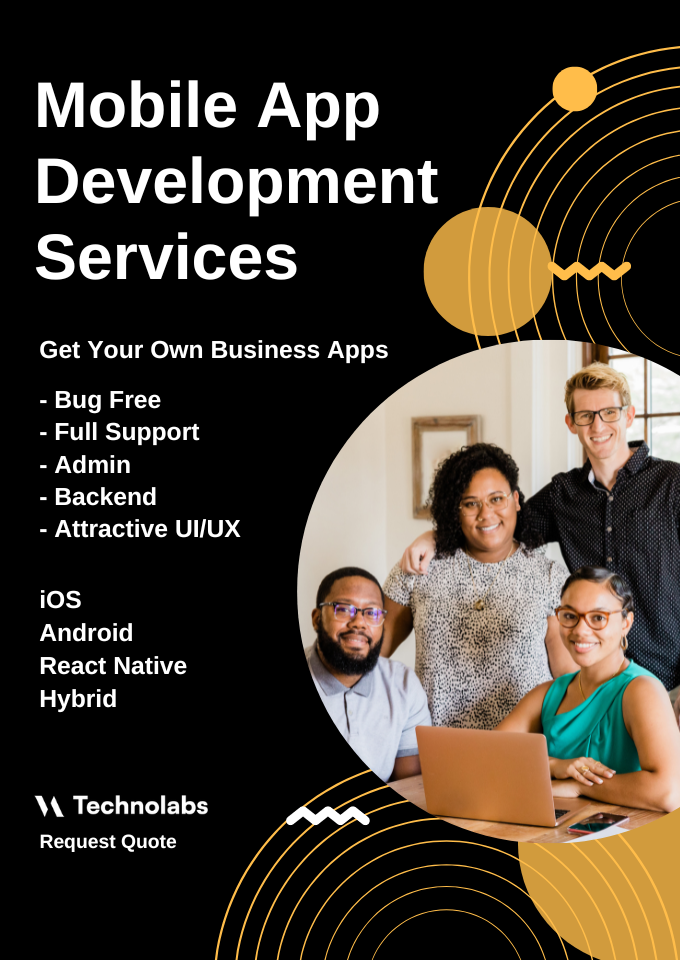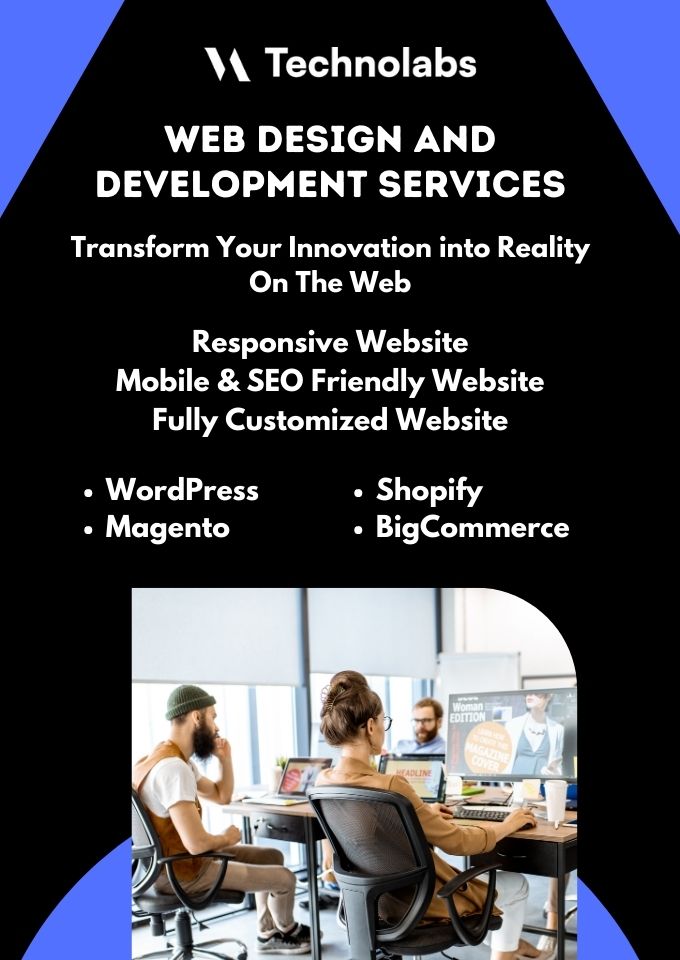The Ultimate Guide to Building Different Types of Shopify Websites

The Ultimate Guide to Building Different Types of Shopify Websites
Shopify is one of the most versatile e-commerce platforms on the market, enabling businesses of all kinds to build online stores quickly and efficiently. Whether you’re a small business owner, a service provider, or looking to expand globally, Shopify has something for you.
What is Shopify?

This blog will walk you through the different types of websites you can build on Shopify and how to make the most of the platform to boost your business.
Why Choose Shopify?
Shopify offers an array of powerful tools, easy-to-use features, and seamless integrations, making it the go-to platform for businesses worldwide. Here’s why Shopify is a preferred choice for many entrepreneurs:
- User-friendly: Even if you’re not tech-savvy, Shopify’s intuitive interface allows you to manage your store effortlessly.
- Customizable: Use Shopify’s extensive themes and apps to create a store that aligns with your brand.
- Scalable: Whether you’re a small business or scaling up globally, Shopify grows with you.
- Secure and reliable: Shopify handles security and uptime, giving you peace of mind.
 Now, let’s dive into the different types of Shopify websites you can create.
Now, let’s dive into the different types of Shopify websites you can create.
1. Online Retail Store
Whether you’re selling physical products like apparel, electronics, or home goods, Shopify provides everything you need to launch an online retail store.
- Key features: Inventory management, multiple payment gateways, product categorization.
- Apps to use: Order Printer, ShipStation, Easy Digital Downloads.
| Feature | Benefit |
|---|---|
| Inventory Management | Keeps track of stock levels in real-time. |
| Multiple Payment Gateways | Supports local and international transactions. |
| Product Categorization | Helps organize products for better navigation. |
2. Service-Based Websites
You can also use Shopify to sell services like coaching, consulting, or fitness training. Service-based businesses can offer bookings or appointments using Shopify’s app ecosystem.
- Key features: Appointment scheduling, invoicing, recurring services.
- Apps to use: BookThatApp, Appointment Scheduling, SendOwl.
SEO Tip: Focus on location-based keywords (e.g., “Consulting services in New York”) for better local search visibility.
3. Subscription-Based Store
Build a recurring revenue model by offering subscriptions for your products or services.
- Perfect for: Monthly boxes, memberships, or recurring services.
- Key features: Automated billing, subscription management.
- Apps to use: Recharge, Bold Subscriptions.
| Subscription Feature | Benefit |
|---|---|
| Automated Billing | Charges customers on a recurring schedule. |
| Subscription Management | Allows users to easily update or cancel plans. |
4. Digital Product Store
If you’re selling digital products like e-books, courses, or software, Shopify makes it easy for customers to download content after purchase.
- Key features: Instant digital downloads, secure payment processing.
- Apps to use: Digital Downloads, Sky Pilot.
SEO Tip: Use long-tail keywords like “buy digital art online” or “downloadable fitness plans” to capture specific search intent.
5. Dropshipping Store
If you don’t want to hold inventory, you can launch a dropshipping store where the supplier ships products directly to the customer. Shopify makes this process easy.
- Key features: No need to manage inventory or fulfillment.
- Apps to use: Oberlo, Spocket, DSers.
SEO Tip: Optimize your product descriptions and images to differentiate your store from other dropshipping businesses.
6. Print-on-Demand Store
Want to sell custom-designed products like t-shirts, mugs, and posters? With print-on-demand, you don’t have to worry about inventory.
- Key features: On-demand printing, custom branding.
- Apps to use: Printful, Printify.
| Print-on-Demand Feature | Benefit |
|---|---|
| Custom Branding | Offers unique designs for each customer. |
| No Inventory Management | Items are only printed when an order is placed. |
7. Wholesale Store
You can use Shopify to create a B2B wholesale store, offering bulk pricing to retailers or businesses.
- Key features: Tiered pricing, bulk ordering, password-protected sections.
- Apps to use: Wholesale Club, Shopify Plus.
8. Marketplace Website
Want to build a multi-vendor marketplace similar to Etsy or Amazon? Shopify can be adapted to allow multiple sellers on one platform.
- Key features: Vendor management, commission structures.
- Apps to use: Multi Vendor Marketplace by Webkul.
9. Blogging and Content-Focused Websites
While Shopify is an e-commerce platform, it also allows you to integrate a blog into your site. This can be a powerful tool for driving organic traffic through content marketing.
- Key features: SEO optimization, blog templates.
- Apps to use: BlogFeeder, SEO Manager.
SEO Tip: Use keyword-rich content to target potential buyers and build authority in your niche.
10. Portfolio or Personal Branding Site
If you’re an artist, photographer, or freelancer, you can use Shopify to showcase your portfolio while also selling related products or services.
- Key features: Galleries, product tie-ins.
- Apps to use: POWr Portfolio, EasyTabs.
11. Event Ticketing and Experiences
Sell tickets to events or offer experiences like tours, classes, or workshops.
- Key features: Ticketing, event scheduling, customer management.
- Apps to use: Event Ticketing, BookThatApp.
SEO Tip: Focus on event-related keywords like “buy concert tickets” or “book art classes.”
12. Non-Profit and Donation-Based Websites
Shopify can also support non-profit organizations looking to collect donations or sell merchandise to fundraise.
- Key features: Donation management, crowdfunding, merchandise sales.
- Apps to use: DonateMate, Crowdfunding Manager.
13. Multi-Language, Multi-Currency Global Stores
Looking to sell internationally? Shopify allows you to create a multi-language, multi-currency store to cater to a global audience.
- Key features: Currency conversion, language localization.
- Apps to use: Langify, Multi-Currency.
Final Thoughts
Whether you’re looking to build a simple retail store or a complex marketplace, Shopify offers the flexibility, scalability, and tools you need to succeed. By leveraging the right features, apps, and SEO strategies, you can build a highly customized and profitable online business.
Shopify Website Types Quick Reference
| Website Type | Best For | Key Apps |
|---|---|---|
| Online Retail Store | Selling physical products | ShipStation, Easy Digital Downloads |
| Service-Based Websites | Selling services | BookThatApp, SendOwl |
| Subscription-Based Store | Recurring revenue | Recharge, Bold Subscriptions |
| Digital Product Store | Digital downloads | Digital Downloads, Sky Pilot |
| Dropshipping Store | No inventory | Oberlo, Spocket |
| Print-on-Demand Store | Custom printed goods | Printful, Printify |
| Wholesale Store | Bulk ordering | Wholesale Club, Shopify Plus |
| Marketplace Website | Multi-vendor platform | Webkul Marketplace |
| Blogging and Content Websites | Content marketing | BlogFeeder, SEO Manager |
| Portfolio or Personal Branding | Creatives, freelancers | POWr Portfolio, EasyTabs |
| Event Ticketing & Experiences | Selling tickets | Event Ticketing, BookThatApp |
| Non-Profit & Donation Websites | Fundraising | DonateMate, Crowdfunding Manager |
| Multi-Language, Multi-Currency | Global selling | Langify, Multi-Currency |
By following this guide, you’ll be well on your way to creating a highly optimized Shopify store that meets the needs of your specific business model!
VA Technolabs can help you build and customize your Shopify website, whether it’s an online store, a service-based site, or a complex marketplace. Get in touch with us today to start your e-commerce journey!





